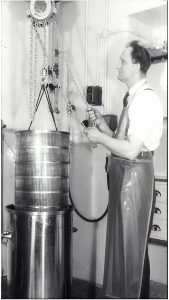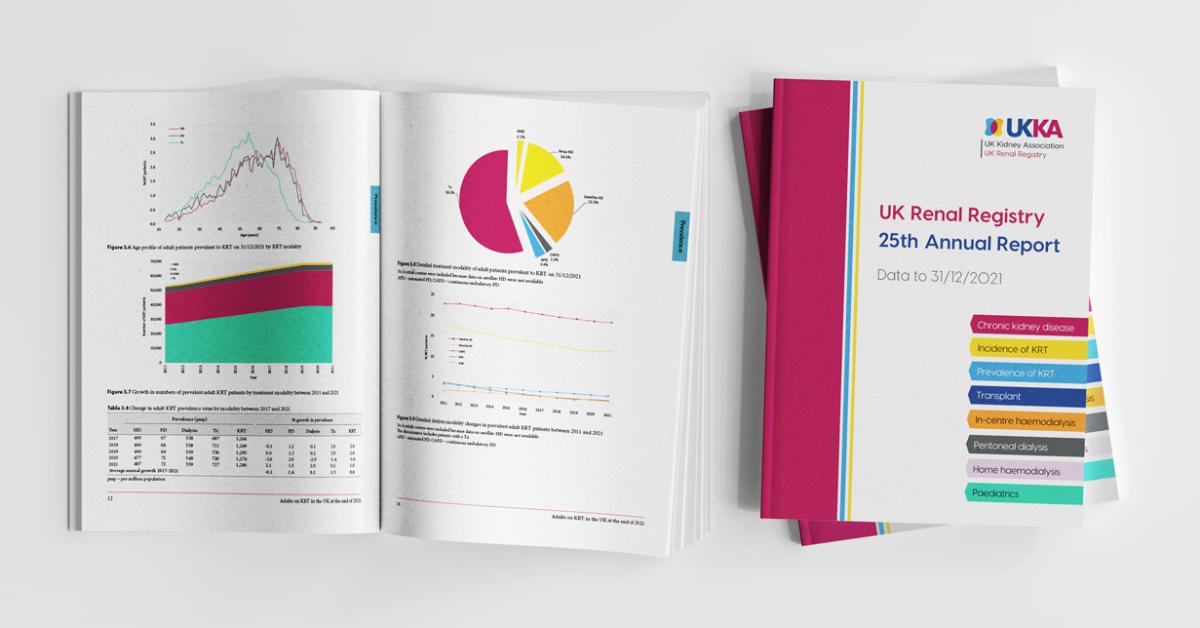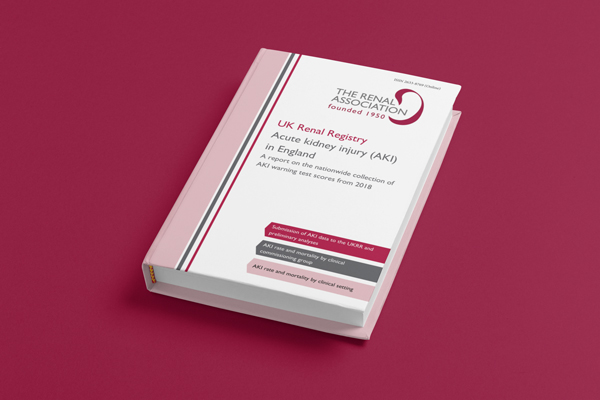
Walter Elliott was born and educated in Newcastle-upon-Tyne. After A levels at Dame Allens School he did his National Service in the Army, serving in Egypt, before entering medical School in Newcastle in 1949. He was a keen rugby player in his youth and maintained an interest in the sport.
After House Officer posts in Newcastle he began surgical training in Urology under Professor Swinney who was later to establish the renal transplant programme in Newcastle. However with the arrival of Professor David Kerr in Newcastle in 1959 he moved to the medical renal unit and was an important member of David Kerr’s team which developed one of the leading British centres for dialysis and transplantation. As a consultant nephrologist, he initially ran the Newcastle General Hospital arm of the unit which later amalgamated with the Royal Victoria Infirmary division at Freeman Hospital where the unit remains.
Walter was a hands-on doctor, especially in the early days before dialysis technicians came on the scene. Assembling the Alwall artificial kidney was one of the many technical challenges which he mastered (picture).
He was greatly respected by his junior colleagues for his sound common sense, his calmness in emergencies, and his immediate response to calls for help. On one occasion in the early days of dialysis, an SHO was faced with a cardiac arrest in one dialysis patient sharing a dialysate tank with another on a Kolff machine ( such ‘ sharing’ was permissible in 1964). Only a flimsy screen separated the two patients, as resuscitation was attempted. The SHO sent out a call for help, Walter was there in ten minutes from home, clamped and cut the lines of the unaffected patient and wheeled her out of the room. The sense of panic was removed, and with calmness restored the resuscitation of the first patient went well and she survived.
Walter published widely especially in his early years, mainly on dialysis topics. His MD was an important contribution to the understanding of acute renal failure in pregnancy.
He also described cases of acute renal failure in mushroom poisoning and made one of the early reports of bladder cancer in a patient treated with cyclophosphamide.
He had a great sense of humour. When he retired in 1994 he broke a lifetime habit and joined a gym. Asked which equipment he used, he described how his wife liked the treadmill and swimming. Pressed on his activity he confessed to going upstairs with his newspaper and a coffee to watch the activity below!
His contribution to nephrology came from his long clinical experience, with resultant good clinical skills, calm personality, common sense and a willingness to help colleagues. In addition he was a good cook and a very generous host at his many house parties for his junior and senior colleagues. These made a major contribution to the Newcastle Renal Unit which was always a very happy place to work.
Walter met his first wife Gwenda as a medical student and had three children who went into medicine, dentistry and clinical psychology. Gwenda, an anaesthetist, sadly died in 1991. He married Sonia in 1994 and she was a tower of strength during his later years when he suffered from progressive Parkinson’s disease. Despite the severity of his illness he retained his sense of humour to the end.



